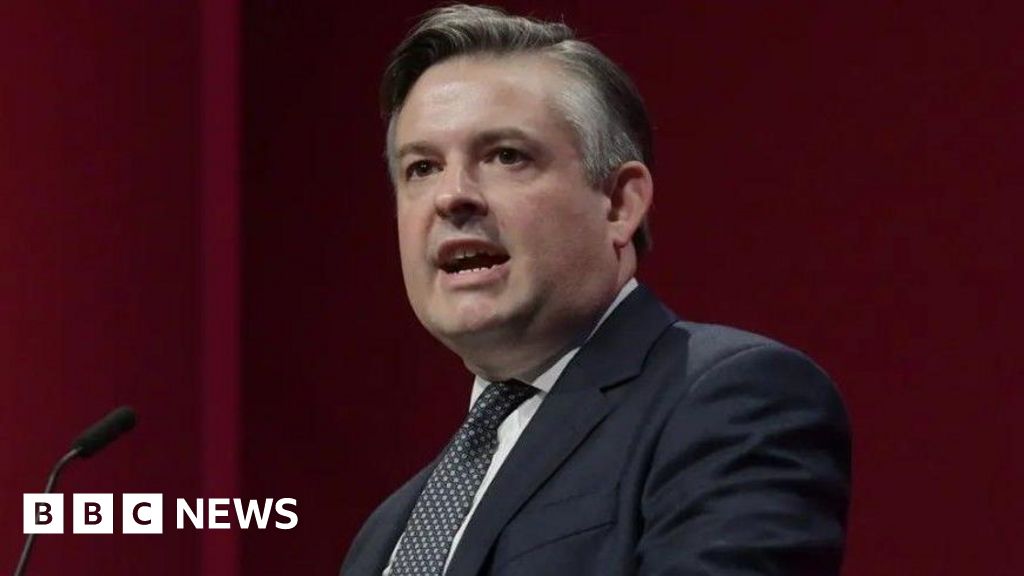Colombia's former President Alvaro Uribe was sentenced Friday to 12 years of house arrest for witness tampering and bribery in a case related to the country's prolonged civil war.
The conservative politician was found guilty this week of paying jailed paramilitaries to retract testimony which connects Uribe to right-wing militia groups. In the decades since the outbreak of Colombia's civil war in the 1960s, paramilitary groups were responsible for mass killings, forced disappearances, and other atrocities.
Former child soldiers in Colombia speak out
The conviction marks the first time a Colombian head of state has been found guilty in a criminal trial.
What did the court rule?
While prosecutors had demanded a 12-year prison term, Uribe was sentenced to 12 years of house arrest, fined $578,000 (€499,000) and barred from public office for more than eight years.
The judge ordered Uribe to begin serving his sentence immediately at his rural estate in Rionegro, in northwestern Antioquia province.
The ex-president's lawyers said Uribe would appeal the verdict.
However, the court rejected Uribe's request to remain free while appealing the verdict, with the judge saying the former president might flee the country to avoid punishment.
The 73-year-old politician has denied any wrongdoing. Following the Friday hearing, Uribe said "politics prevailed over the law in sentencing."
What do we know about the case against Uribe?
During a nearly 6-month trial, prosecutors presented evidence that Uribe and his brother had helped found the Bloque Metro paramilitary group in the 1990s.
At the time, Uribe was the governor of Antioquia, a key battleground in the civil war.
One former paramilitary, who worked on the Uribe family ranch, told the court he was offered bribes and legal favors to retract his testimony.
Another testified that Uribe's lawyer offered him money to speak favorably about Uribe.
The court found that the ex-president had been trying to discredit a rival who had exposed Uribe’s alleged paramilitary ties and had been sued by the then-president for libel.
The libel case was dismissed in 2018 and a probe into Uribe's alleged conduct began.
Uribe’s supporters dismiss the case as a vendetta by leftwing rivals to tarnish his legacy as Colombia’s most effective anti-guerrilla leader. This sentiment seems to be echoed by US Secretary of State Marco Rubio, who said the trial was a "weaponization of Colombia's judicial branch by radical judges."
Analysts have said there could be cuts to US aid to Colombia in response.
In turn, human rights groups hailed the conviction as a landmark moment for accountability in Colombia’s long history of impunity.
Colombia: The end of USAID spells the end of youth projects
What was Colombia's civil war?
The conflict began in 1964 when leftist guerrilla groups like FARC took up arms, demanding land reform and social justice.
Fueled by funding from the illegal drug trade, the war involved guerrilla fighters, right-wing paramilitary groups, and government forces, each committing widespread violence and human rights abuses.
Under Uribe's rule, the conflict intensified. His hardline tactics against leftist guerrillas led to mass killings, paramilitary abuse, and forced disappearances.
During the conflict, an estimated 220,000 people died and millions more were displaced.
A truth commission found that over 6,400 civilians were falsely labeled as guerrillas and executed by the military during Uribe's administration — a scandal known as the "false positives."
A 2016 peace deal between the government and FARC ended the war officially, transforming the rebels into a political party.
However, violence in Colombia persists to this day, driven by fragmented armed groups, drug trafficking, and ongoing struggles over land and power in rural areas.
Edited by: Darko Janjevic

 6 months ago
9
6 months ago
9








